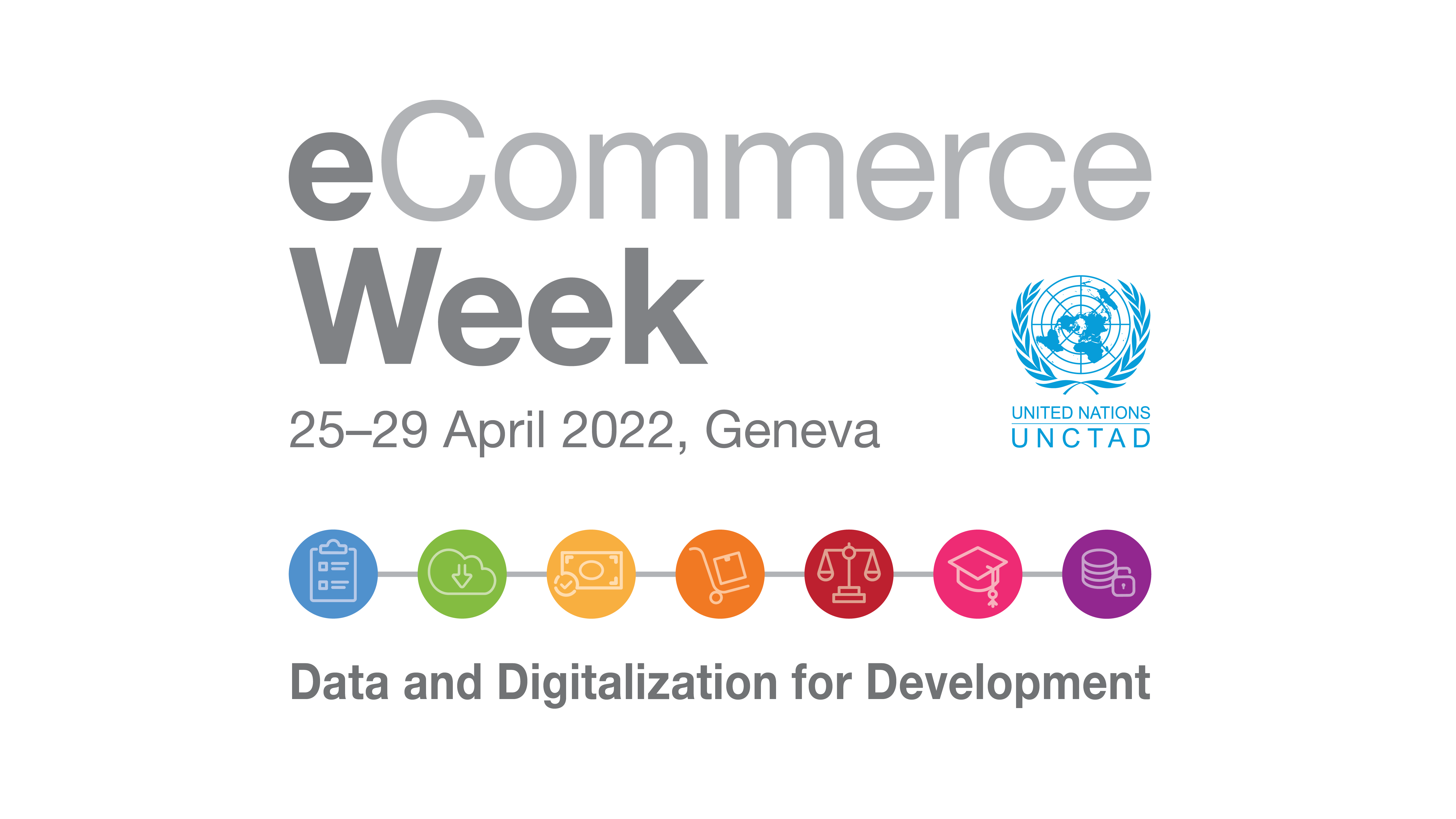Data regulation: Implications for the digitization of the economy and development
27 Apr 2022 17:00h - 18:00h
Event report
This thematic session explored the normative aspects of data, the development of data governance frameworks, and their impacts on e-commerce. The participants discussed the main issues and trends related to the design and implementation of pro-development data governance frameworks from the perspective of the Global South.
Prof Carlos M. Correa (The South Centre, Executive Director) opened the discussion with an overview of the main legal issues related to data and its governance. He pointed out that while personal data has received the most attention, other types of data – non-personal and commercial data, anonymised personal data, machine-derived, communal and other data also require normative treatment depending on their type. Citing the report on ownership, sovereignty and public goods data governance regimes, Correa highlighted the importance of legal characterisation of ownership of data, sovereign rights, sui generis rights (such as access, remuneration, portability), global public good (as referred to in the UN High-Level Panel on Digital Cooperation), and contractual rights. In addition, Correa explained that the major challenge is to determine who owns the data and demonstrated its complexity on the example of court considerations in McInerney v. MacDonald. Correa also reflected on the applicability of the current modalities of the intellectual property regime to data, referring to Art. 10 (2) of the TRIPS Agreement and to case law, concluding that the data can be subject to copyright protection.
Speaking from the perspective of the Global South, specifically Latin American countries, Ms Renata Avila Pinto (Open Knowledge Foundation, eCommerce Civil Society representative) talked about digital colonialism and its implications on data governance frameworks in developing countries. She pointed to the influence of highly concentrated power on accessibility in developing countries. Pinto also addressed the importance of data infrastructure in the public sector, stating that it is often neglected and there is a lack of awareness about the value of data sets and the need for their proper handling. She highlighted three important considerations in data governance and infrastructure: standards and interoperability, digital literacy in the public sector, and exploration and prototyping of different governance architectures.
The last speaker, Ms Beatriz Kira (University of Oxford, Blavatnik School of Government, Senior Research Associate) talked about the value of data for future development and economic prosperity of developing countries. Citing the research results at the University of Oxford, Kira stressed the need to regulate data to harness the benefits of digital trade. Kira illustrated the challenge of balancing cross-border data movement to create value and protect the rights to three main approaches to regulating digital data flows: open transfer approach (the USA), conditional transfer (the EU GDPR), and limited transfer or data localisation approach. With respect to the data localisation approach, Kira cited the examples of South Africa, Kenya, and Nigeria in attaching different values to implement data localisation.
The participants discussed criteria and methods for designing pro-development data governance network. Correa pointed out that there needs to be policy space to discuss the legal regimes of data for development, the development of legal taxonomy related to data and rights holders, and the need to address current asymmetries and market dynamics. Pinto and Kira agreed on the impacts of market asymmetries on the data governance regimes. Pinto further pointed out that a forward-looking legal structure of data must include the ability to own, control, and shape the data infrastructure in the Global South. Pinto also stated that data sets need to be connected and interoperable to be a global public good. Kira added the need for interoperability from a legal and policy perspective.
In addition, Kira addressed the lack of capacity to develop data governance frameworks in small and developing countries. She stated that the main issues in designing and implementing data governance frameworks are the import of models from other countries, the need to assess how powerful partners influence the regulatory framework, as well as the influence of trade agreements that include data flow governance in prescribing regulatory models to be adopted domestically.
The panellists agreed on the need to develop the capacity of small and developing countries to determine their own data governance models, as well as to be able to meaningfully participate in trade negotiations and other international forums with influence on data governance. The panellists also agreed that the regional initiatives are of importance.
By Pavlina Ittelson
Related topics
Related event

